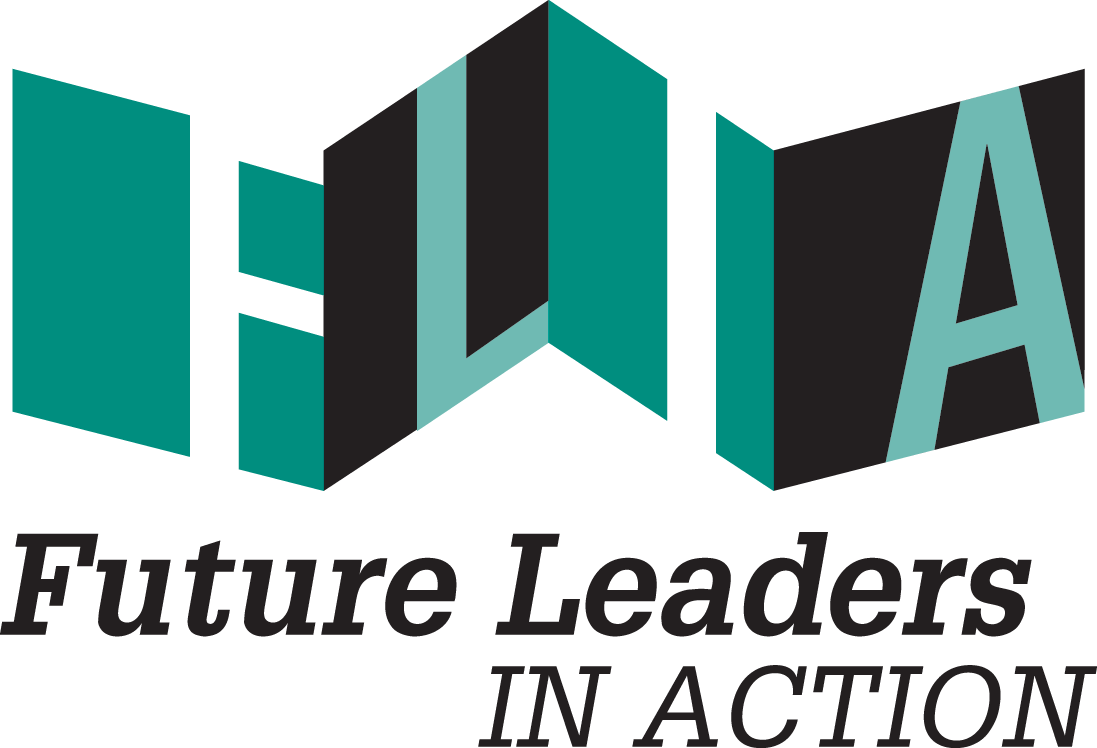Big Brothers Big Sisters of Central Iowa recently hosted an event to celebrate the current Littles that are graduating high school. The CEO of Principal Financial was the keynote speaker and he explained why we need organizations like Big Brothers Big Sisters, “I have the great luck of having been born on second base, and I know it. Some youth are still trying to get out of the dugout.” We’re all born at different distances from home plate (success) and those that are born further have to work much harder to get there than those of us that are born on second base. Big Brothers Big Sisters works to provide opportunity to children who don’t otherwise have easy access to it. We don’t create potential in the youth we serve. We defend potential by providing more opportunity by having an adult in their corner cheering them on as they round the bases to success.
When I was a freshman in college, I was introduced to the idea of an “achievement gap” which is a gap in academic accomplishments between affluent students and students with less financial resources. The New York Times cited a study that high income students have an average of 400 more hours experience with literacy activities than low income students by the time they start school. This gap only continues to grow from there. According to this Forbes article, when children from disadvantaged families graduate high school (if they graduate) they are 19.5 months behind their peers on average. This gap is likely caused, at least in part, by the fact that affluent families have more time and more money to invest in their children.
These differences have long been called part of the “achievement gap,” but this is beginning to change. Organizations like Teach for America have been advocating for the replacement of the term “achievement gap” with “opportunity gap.” The reasoning behind this is that the cause of the gap isn’t the fault of the youth, it’s the lack of opportunity they have. This lack of opportunity tends to be attributed to lack of financial resources and systemic injustices. This is the gap Big Brothers Big Sisters focuses on filling.
It’s my job to make people understand that the only qualification they need is the desire to show a kid that they matter.
Big Brothers Big Sisters acts to supplement what underprivileged youth may not be getting enough of: opportunity. We match disadvantaged youth with an adult mentor who will spend quality time with them, often going to places like museums or other local events that can be educational. This is where I come in as a Volunteer Recruiter. There are many reasons people don’t volunteer. A common reason we hear at Big Brothers Big Sisters is that people don’t think they are qualified to be a mentor. It’s my job to make people understand that the only qualification they need is the desire to show a kid that they matter. If we are able to invest quality time in children who don’t get it otherwise, we are able to expose them to a new world of opportunity.
Every child is born full of potential. Some are lucky to be born into families and communities that are able to fully invest in this potential to see it realized. And others aren’t. This is the inherent inequality of birth. Simply by luck we are born into a community that determines our opportunity. Big Brothers Big Sisters serves children that need more opportunity in their lives. We are defenders of the potential in every child. The stated purpose of the organization is, “to clear the path to a child’s biggest possible future.” Both Bigs and the rest of the staff at BBBSCI work intentionally to see that we are able to achieve this by getting every kid we serve to home base no matter where they start.



